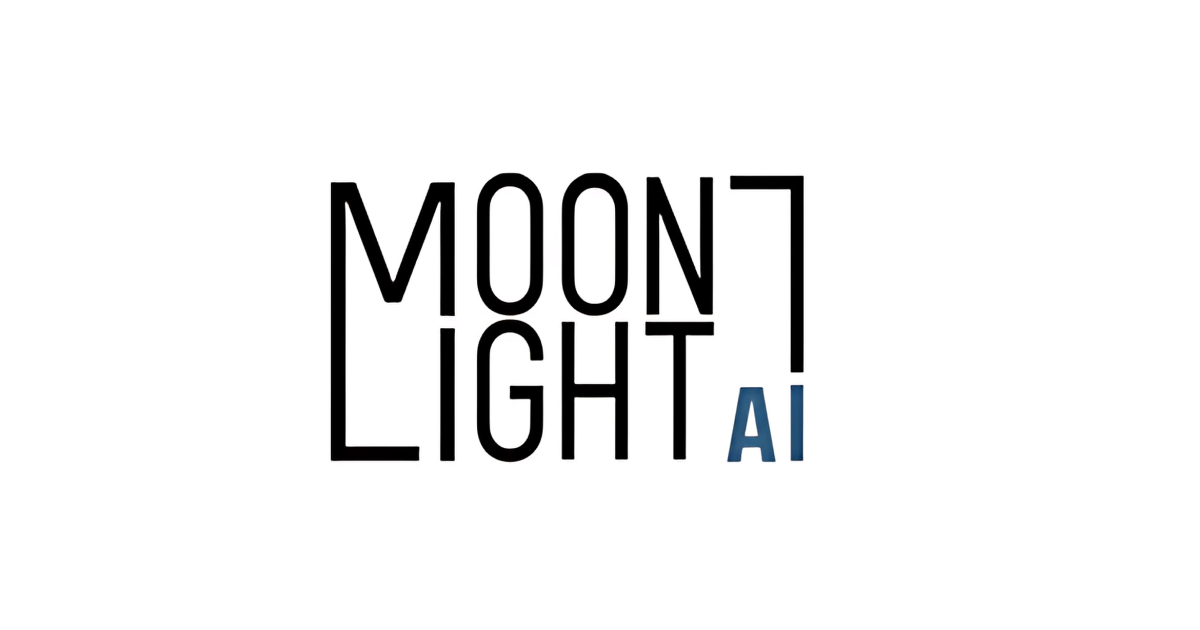Moonlight AI: Faster Cancer Testing

Moonlight AI is transforming cancer diagnostics by using AI to analyze blood smear slides, offering a faster and more accessible alternative to traditional molecular testing. In collaboration with QuantumBasel, the team explored how Quantum algorithms could further enhance model performance, particularly in detecting circulating rare cells (CRCs).
The Challenge: A Bottleneck in Cancer Diagnostics
Hematologic cancers impact more than 1.7 million people globally. Yet, fewer than 20% of eligible patients receive vital molecular testing due to high costs, complexity, and the need for specialized equipment. Currently, it takes more than 10 days to detect mutations using traditional methods like Next-Generation Sequencing (NGS), a delay that can critically impact treatment outcomes.
Moonlight AI envisioned a better way: by using AI to analyze standard blood smear slides. Their model dramatically reduces turnaround time from more than 10 days to under one hour, allowing more patients to benefit from timely, targeted therapies.
But pushing AI to this level of sensitivity and scalability introduced a new challenge: computational complexity.
The Solution: Accelerating AI with Quantum Power
That’s where QuantumBasel assisted. Together, we co-developed two innovative machine learning approaches to detect Circulating Rare Cells (CRCs), a critical biomarker in cancer detection:
- AI Optimization: Delivered a 10–15% accuracy boost while reducing computational demands.
- Quantum Prototype: A next-generation solution using Quantum algorithms that promises even higher accuracy and a 5x reduction in training complexity.
This dual-track innovation strategy gives Moonlight AI a deployable, patented classical solution today and a Quantum-ready pipeline for tomorrow.
"Our collaboration with QuantumBasel has delivered results quickly and consistently. They treated us as thought partners and brought a practical mindset that truly sets them apart.” — Nicole Romano, Co-Founder and CTO, Moonlight AI
The Path Forward: From Prototype to Production
The success of the proof of concept led to the filing of a patent to secure Moonlight AI’s IP. Now, the focus turns to evolving the Quantum algorithm from prototype to production, paving the way for real-world deployment.
By blending the best of classical and Quantum Computing, Moonlight AI and QuantumBasel are not only accelerating innovation in cancer diagnostics: we're changing what's possible in precision medicine.
Additional Reading
Detection and classification of cell morphologies are carried out by sampling the patient’s blood and processing the sample through a DNA sequencer before analyzing the results. A much more efficent way would be to use Multiple Instance Learning (MIL) AI tools. A key bottleneck in this methodology is the computational complexity and high number of trainable parameters in deep learning-based attention mechanisms used in multiple instance learning (MIL), which can hinder training efficiency.
To overcome this, this paper proposes a novel attention-based extreme learning machine (extreme MIL) approach that significantly reduces the number of trained parameters while achieving comparable performance to deep MIL models in rare cell detection. Deep MIL models train all parameters through backpropagation, while extreme MIL freezes most parameters in the attention mechanism, only training the final classification layer.
Our key improvements over the previous state-of-the-art include Higher-dimensional feature space in the aggregation step of the attention-based deep MIL model which led to a considerable improvement in performance (>10% in AUC) and robustness Domain-specialized pre-processing which yields substantial performance improvements across all models Extreme MIL achieved comparable performance to deep MIL while reducing the number of trained parameters by a factor of 5. The paper can found here.
Want to learn more about how QuantumBasel helps healthcare innovators succeed? Contact us below.

Ready to Explore Quantum & AI Possibilities?
Connect with our team of Quantum & AI experts to discover how QuantumBasel can help solve your most complex challenges.